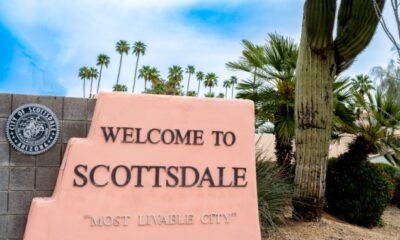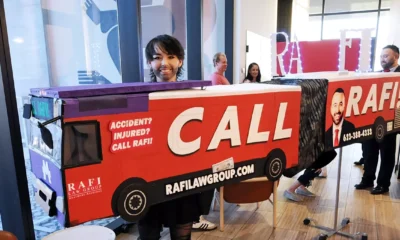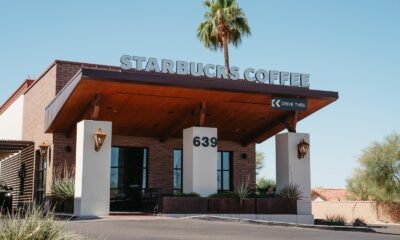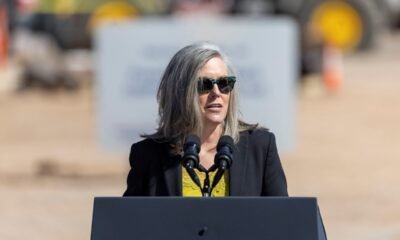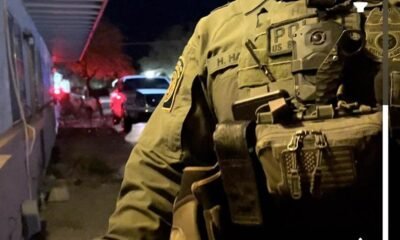arizona
Downtown Tucson Starbucks Sparks Heated Debate
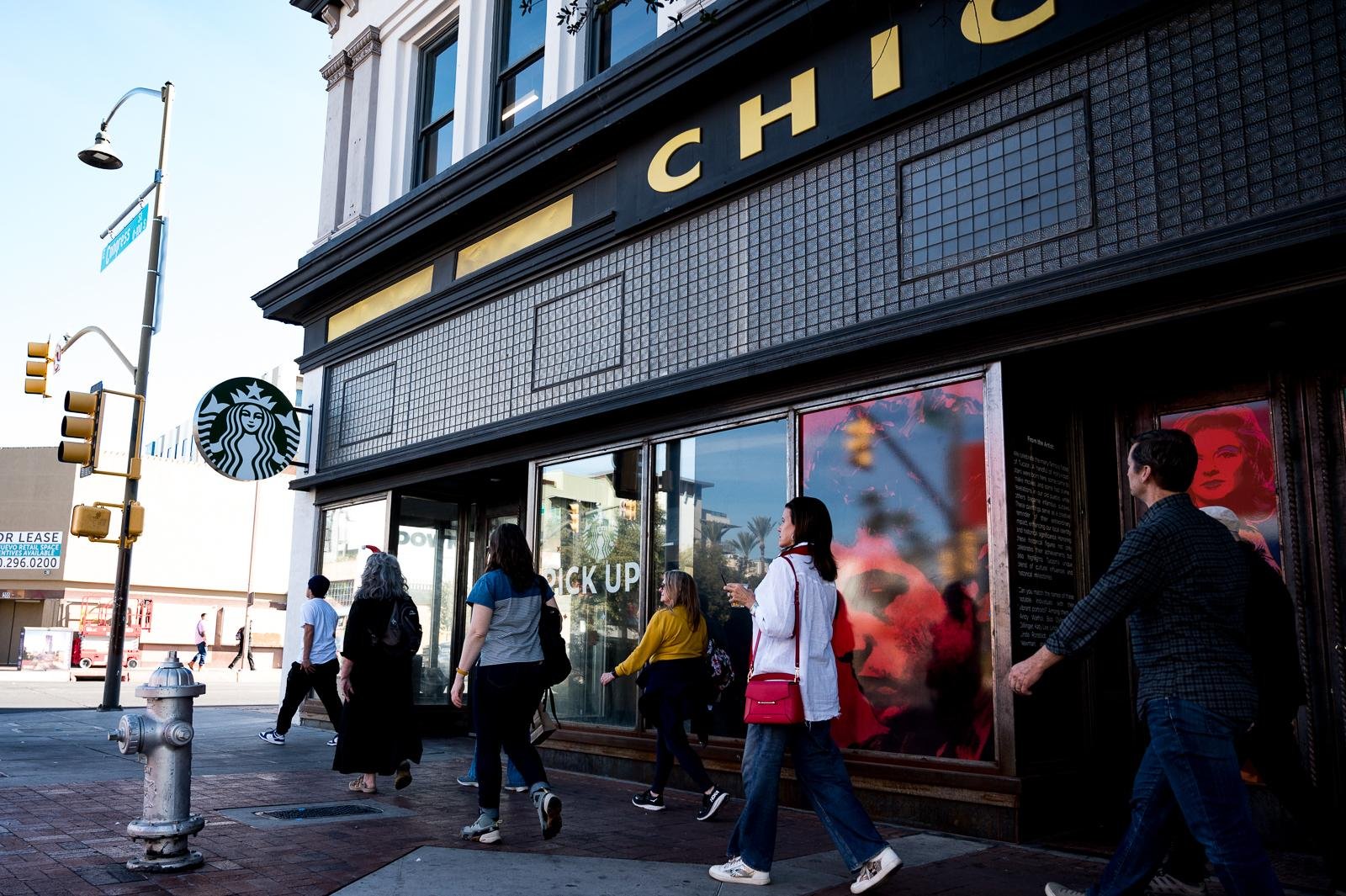
Since 2021, Tucson has welcomed 17 new Starbucks locations, with three being relocations, representing over 47% of the city’s operational Starbucks stores opening in just three years. This surge aligns with Starbucks’ ambitious plan to introduce 2,000 new outlets across the United States by 2025, although the company declined to comment on local developments.
This rapid expansion has sparked concern among some Tucson residents. Social media has become a platform for expressing discontent, primarily driven by worries about the impact on local businesses and ongoing union-busting allegations tied to the corporate giant.
The opening of a pick-up-only Starbucks in the historic Chicago Music Store building has intensified the debate. Established in 1903, the building has a rich history, housing various businesses before its purchase in 2016 by real estate developer Marcel Dabdoub. Local resident Susan Ho criticized the establishment of a Starbucks in such an iconic location, viewing it as disrespectful to the local community.
“The influx of newcomers often brings gentrification,” Ho explained, attributing this shift to the types of businesses that cater to these populations. Amy Smith, co-owner of Exo Roast Co., echoed Ho’s sentiments, expressing hope for increased government support to bolster smaller, community-based enterprises downtown.
Dabdoub acknowledged the challenges of attracting local tenants but opted for Starbucks to offer a competitive option in the area. The coffee chain now occupies approximately 1,300 square feet of the building’s 21,155 square feet, while plans for the remaining space are still under discussion.
Tucson resident Luis Cuellar welcomed the Starbucks, believing competition could benefit the area, although he wished for a more traditional café setup. Nearby business owner Mark Levkowitz expressed frustration with the pick-up-only model, questioning parking availability for customers picking up orders.
Smith emphasized the importance of sit-down environments for fostering community interaction, highlighting how the current model undermines that concept. She criticized the reliance on technology-driven, impersonal transactions, which she believes detract from authentic community experiences.
Starbucks’ new CEO, Brian Niccol, recently stated that the company intends to refocus on its original café-style stores, indicating a potential shift back to its core values. Meanwhile, local establishments like Yellow Brick Coffee are committed to sourcing from nearby vendors, ensuring that revenue stays within the Tucson community.
While the arrival of new Starbucks locations creates job opportunities, local business owners like Smith argue that much of the financial benefit is siphoned away to corporate executives. Cuellar maintained that competition should not be hindered in a free market, despite mixed feelings among the community.
Another location opened last May at the corner of West Grant Road and North Campbell Avenue, partially obscuring a mural by local artist Joe Pagac. Reacting to the public outcry, Pagac noted that the presence of Starbucks, despite its impact on visibility, ultimately protects the mural from neglect.
Community members previously envisioned transforming the corner into a vibrant hub for local businesses, but their plans were overshadowed by Starbucks’ financial clout. Ho lamented, “It’s just about money. The larger corporations always have the upper hand against smaller, deserving businesses.” In response to corporate expansion, she encourages residents to support local shops as a means of countering monopolization.
